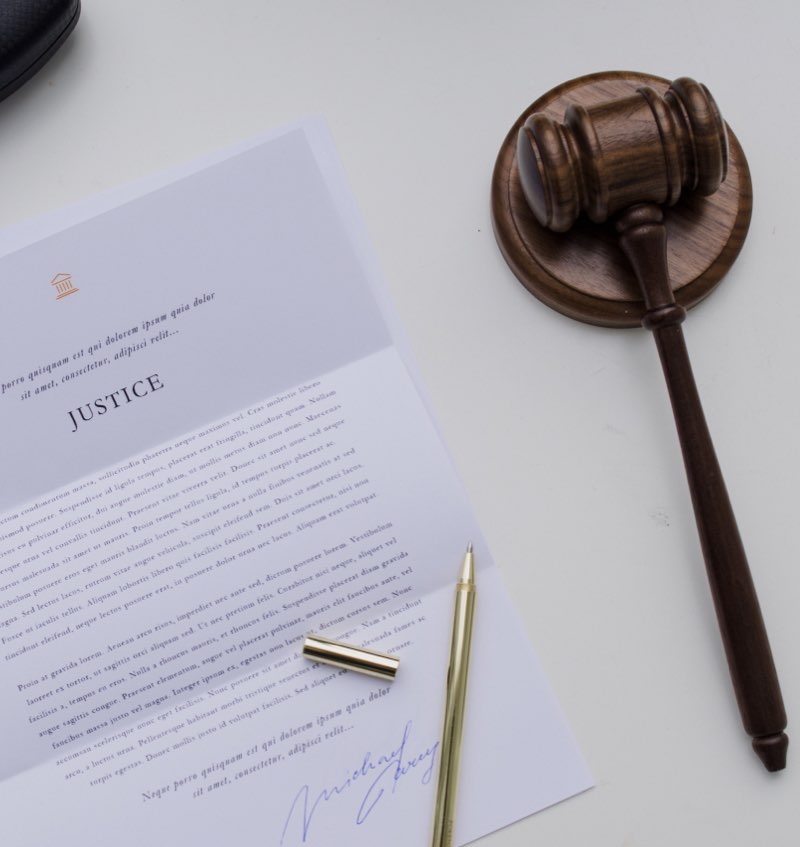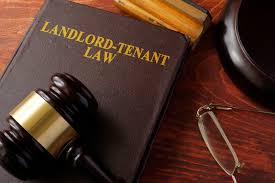Uninhabitable Conditions
Under California law, landlords are required to keep rental properties in acceptable livable conditions for all tenants. This “implied warranty of habitability” is a legal rule that requires landlords to keep their residential rental units in a condition that is fit and safe.

UNINHABITABLE LIVING CONDITIONS?

California law requires that landlords provide residential units that are habitable. A landlord can be liable for failing to provide or keep a residential unit in a habitable condition.
Common problems that may lead to a tenant’s lawsuit based on habitability issues include:
- Insufficient weather protection such as a leaky roof or broken window
- Failure to provide sufficient heating or hot and cold running water
- Unsanitary unit or building, including problems with trash, rodents or vermin
- Failure to keep the unit and building in good repair, including the stairways and common areas
- Insufficient electricity or poor electrical wiring
- Appropriate security measures for the unit
If there are habitability problems with your unit, a wrongful eviction lawyer can provide you with a strong defense in order to fully protect your rights.
WHAT IF MY LANDLORD WILL NOT FIX ANYTHING?
California law requires that landlords provide renters with a place to live that is safe and secure. Landlords are required to fix any problem with your rental unit that makes it “uninhabitable.” Although there is no strict definition of what makes a place “uninhabitable,” it generally refers to conditions that make the rental unit unsafe or unhealthy. It doesn’t have to make the place unlivable and can be as simple as a missing window screen, torn carpet, defective electrical outlets or peeling paint. It can also be something unhealthy, like cockroaches, bedbugs, rats or mold, or dangerous like missing locks or criminal activity.

HABITABILITY ISSUES?

Depending on the severity of the repair issues, a tenant may have claims against a landlord that can be litigated in Superior Court. For major, ongoing violations, such as infestation of bed bugs, cockroaches, no heat, mold, sewage and roof leaks, rodents, holes in walls, security lapses, and electrical and plumbing issues, an attorney may take a case on contingency. When a case is taken on contingency, the client does not pay until money is recovered. Damages in an affirmative lawsuit can include return of rent paid, payment for emotional suffering, and damages for physical harm.

